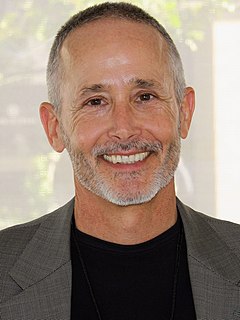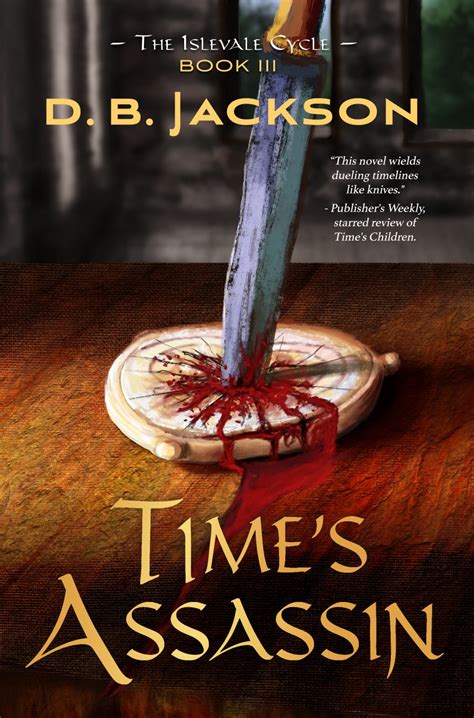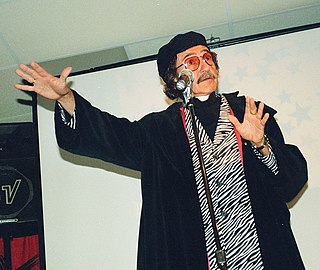A Quote by Orhan Pamuk
I'm a relatively disciplined writer who composes the whole book before beginning to execute and write it. Of course, you can't hold - you cannot imagine a whole novel before you write it; there are limits to human memory and imagination. Lots of things come to your mind as you write a book, but again, I make a plan, chapter, know the plot.
Related Quotes
You have to surrender to your mediocrity, and just write. Because it's hard, really hard, to write even a crappy book. But it's better to write a book that kind of sucks rather than no book at all, as you wait around to magically become Faulkner. No one is going to write your book for you and you can't write anybody's book but your own.
Well, first you have to love writing. A lot of authors love having written. But I enjoy the actual writing. Beside that, I think the main reason I can be so prolific is the huge amount of planning I do before I start to write. I do a very complete, chapter-by-chapter outline of every book I write. When I sit down to write, I already know everything that's going to happen in the book. This means I've done all the important thinking, and I can relax and enjoy the writing. I could never write so many books if I didn't outline them first.
The process for writing a picture book is completely different from the process of writing a chapter book or novel. For one thing, most of my picture books rhyme. Also, when I write a picture book I'm always thinking about the role the pictures will play in the telling of the story. It can take me several months to write a picture book, but it takes me several years to write a novel.
Not write what you know, but know what you write. If you write about a world before, after, or other than this one, enter that world completely. Search it to find your deepest longings and most terrible fears. Let imagination carry you as far as it may, as long as you recount the voyage with excitement and wonder. But this is the most important rule: write the book you most long to read.
Think of a book special to you, and how much bleaker and poorer your life would be if that one writer had not existed - if that one writer had not, a hundred times or a thousand, made the choice to write. You're going to be that one writer one day for somebody you may never meet. Nobody can write that book you're going to write - that book that will light up and change up a life - but you.
I believe that, more than anything else, this grief of constantly having to face down our own inadequacies is what keeps people from being writers. Forgiveness, therefore, is key. I can't write the book I want to write, but I can and will write the book I am capable of writing. Again and again throughout the course of my life I will forgive myself.
If I haven't put that on a T-shirt, I'm going to. Actually, I really don't want to write anything that can't be put on a T-shirt. Actually I'd like to write only on T-shirts. Actually, I'd like to write whole novels on T-shirts. So you guys could say, 'I'm wearing chapter 8 of Lestat's new book, that's my favorite; oh I see you're wearing chapter 6-
I think, for me, there's The Book I Should Write and The Book I Wanted to Write - and they weren't the same book. The Book I Should Write should be realistic, since I studied English Lit. It should be cultural. It should reflect where I am today. The Book I Wanted to Write would probably include flying women, magic, and all of that.






































